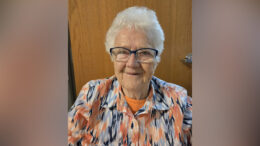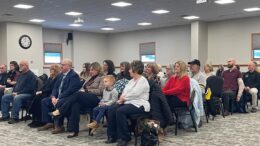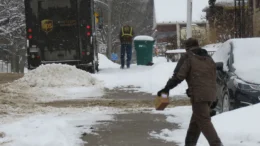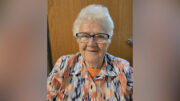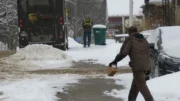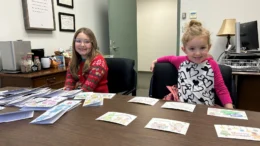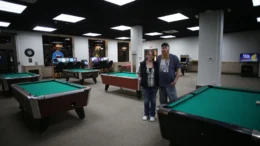By MARISSA DECHANT – Staff writer
Franklin Superintendent Pamela Dye was one of 73 administrators statewide to be recognized this week for completing the inaugural Pennsylvania Superintendent’s Academy.
The two-year program gathered superintendents and charter school directors, aiming to help them transform their districts based on insights gained through research and collaboration, according to a news release from the Pennsylvania Department of Education.
Education Secretary Pedro Rivera started the program in May 2016, as part of his Poverty and Student Achievement Initiative.
Dye traveled to Harrisburg twice a year for the program, and she also met with administrators who are located in the northwest region at the Riverview Intermediate Unit No. 6 in Clarion.
The academy required administrators to complete and discuss reading assignments, and this week, members of the cohort presented their “action learning projects,” in which they used lessons from the coursework and applied them to real-life challenges faced in their home districts, the release said.
Dye’s project involved collaboration with teachers in order to develop a districtwide curriculum for elementary students. Moving forward, the approach will create fewer education disparities among students, said Dye.
Junior/senior high school principal Christina Cohlhepp is also at work on aligning curriculum for students, Dye said.
“One of the huge benefits was just meeting other superintendents across the state because you learn so much from them and them from me,” Dye said.
The academy’s 73 administrators will be given the chance to reconvene next year to view each other’s progress with their action learning projects.
Future districtwide projects for Franklin include the maintenance and development of professional learning communities, which allow teachers to collaborate after school hours, said Dye.



